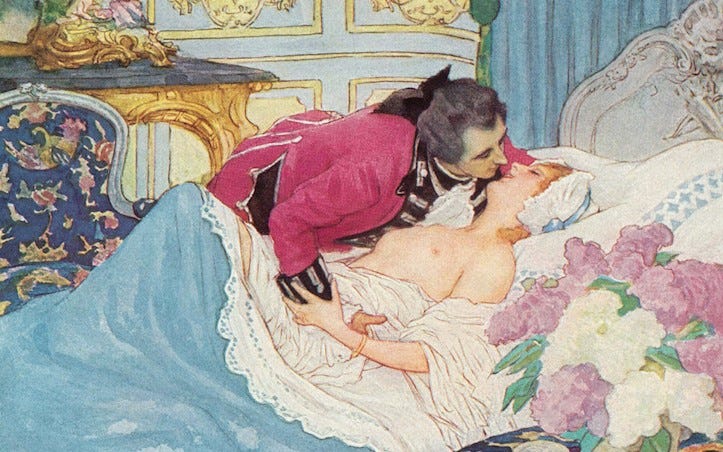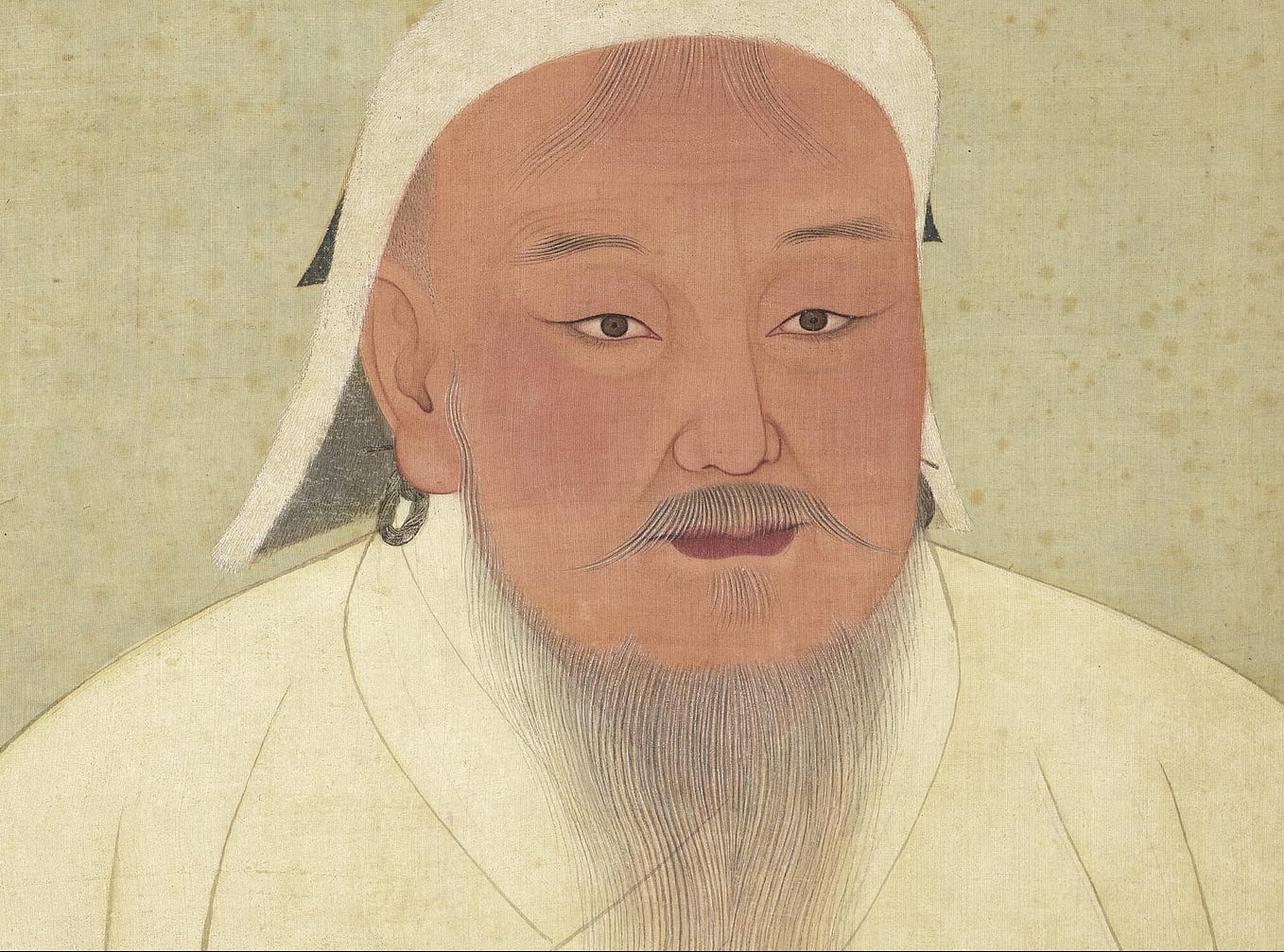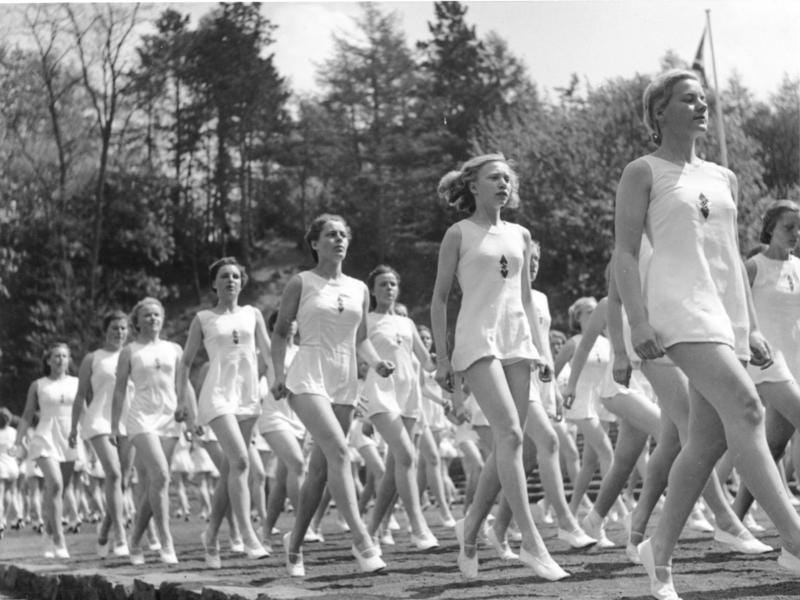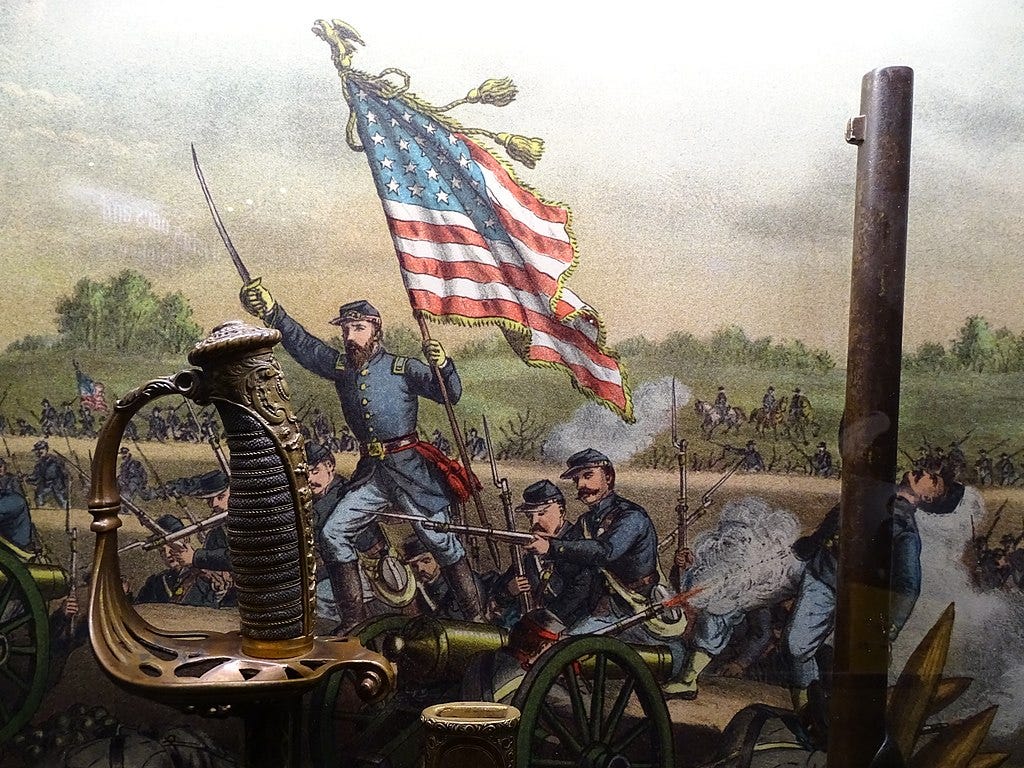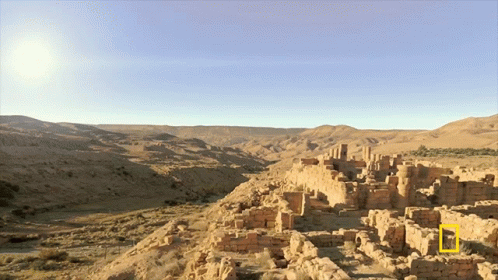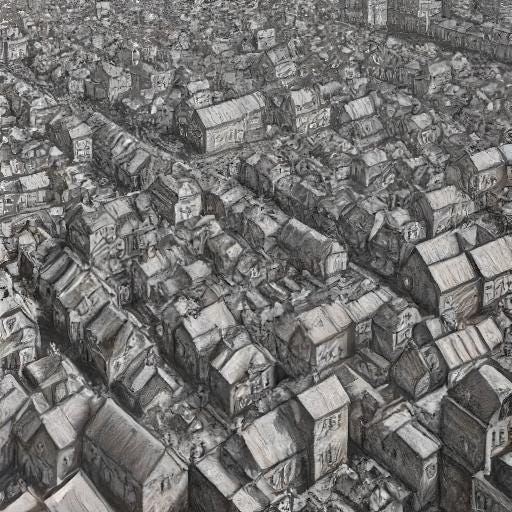How Yakov Dzhugashvili, Son of Joseph Stalin, Died in Hitler’s Captivity
Yakov Dzhugashvili committed suicide in a Sachsenhausen concentration camp
During the initial months of the Nazi invasion of the Soviet Union (22 June 1941-7 January 1942), the Red Army was losing. Poorly led and poorly equipped, the Soviets were losing battle after battle.
Almost six million Soviet soldiers were encircled and captured. The Wehrmacht rolled all the way to the outskirts of Moscow before the vastness of the Soviet Union, the Soviet stubbornness, and of course, the freezing Russian winter halted the German army.
Among the imprisoned Soviet soldiers was also Stalin’s oldest son Yakov Dzhugashvili (Stalin's real surname was Dzhugashvili).
The Nazis captured Stalin’s son a month after the invasion
Yakov Dzhugashvili (1907-1943) commanded an artillery battery during the Battle of Smolensk. Knowing he would disappoint his father, he didn’t want to retreat and his unit was captured on July 16th, 1941.
“I am the son of Stalin and I do not permit the battery to retreat.”
— Yakov Dzhugashvili
His fellow soldiers, not liking Yakov, betrayed his identity to the Nazis, who sensed an opportunity to use Stalin’s son for propaganda or for an exchange of prisoners.
“Didn’t even manage to shoot himself.”
— Stalin about hearing about his son’s capture
Stalin forbade Red Army soldiers from surrendering. He threatened to imprison all their relatives and sent them to gulag camps. If the captured Red Army prisoner would have returned from captivity, he faced a death sentence.
Ironically, according to his own orders, Stalin would have had to arrest himself after Yakov’s capture.
The Nazis tried to use Stalin’s son for propaganda and exchange him for their own prisoners
Joseph Goebbels, the Nazi propaganda minister, intended to use Yakov in propaganda against the Soviets. However, Yakov refused.
After the Battle of Stalingrad, the Nazis tried to exchange Yakov for Friedrich Paulus, the captured commander of the German 6th Army at Stalingrad.
When Stalin heard about the offer, he refused.
“I won’t exchange a soldier for a field marshal.”
— Stalin about the Nazi offer to exchange Friedrich Paulus for his son Yakov
Hitler also tried to exchange Yakov for Leo Raubal (1906-1977), his favorite nephew, with whom he liked to spend time. Stalin again refused.
“War is war.”
— Stalin about the Nazi offer to exchange Hitler’s nephew Leo for his son Yakov
Both Paulus and Raubal survived World War II. They were released from Soviet imprisonment in 1953 and 1955, respectively.
Yakov’s death — suicide or execution?
Yakov spent two years in German camps. At first in Hammelburg in Franconia, then near Lübeck, and finally in Sachsenhausen concentration camp near Berlin.
One of his fellow prisoners reported that Yakov was completely distraught after he heard German propaganda broadcast on the radio. In it, Stalin was quoted allegedly denying Yakov was his son.
“I don’t even have son Yakov.”
— Stalin’s alleged words about his son
On April 14th, 1943, Yakov ran into the electrified fence surrounding Sachsenhausen concentration camp and was electrocuted and subsequently shot by a guard, Konrad Harfich.
Yakov earned Stalin’s respect only by killing himself
Yakov was Stalin’s oldest son from his first marriage to Ekaterine (Kato) Svanidze.
Yakov’s mother Kato died in 1907, a few months after he was born. Stalin, busy with revolutionary activities, left him to be raised by Kato’s relatives.
It was only when he was fourteen years old (in 1921) that Yakov was transferred to Kremlin in Moscow to live with his father.
Stalin was hostile towards Yakov, most likely because he reminded him of his happy times with Kato, Yakov’s mother.
In 1928, Yakov told Stalin he wanted to marry Zoya Gunina, the daughter of a priest. Stalin flew into such a rage that Zoya fled the dacha and Yakov shot himself with a pistol.
The bullet entered Yakov’s chest, but it missed the heart. While Stalin’s wife was bandaging Yakov, Stalin walked away.
“You couldn’t even do this properly.”
— Stalin after witnessing son’s suicide attempt
When the Nazis invaded the Soviet Union, Stalin didn’t protect him from fighting. Instead, he telephoned him and ordered him to go fight the Nazis.
It was clear to everyone, especially to Yakov, that Stalin didn’t like him.
Only after hearing the news that Yakov had died in German captivity, Stalin changed his opinion about his son, saying he was “a real man.”

